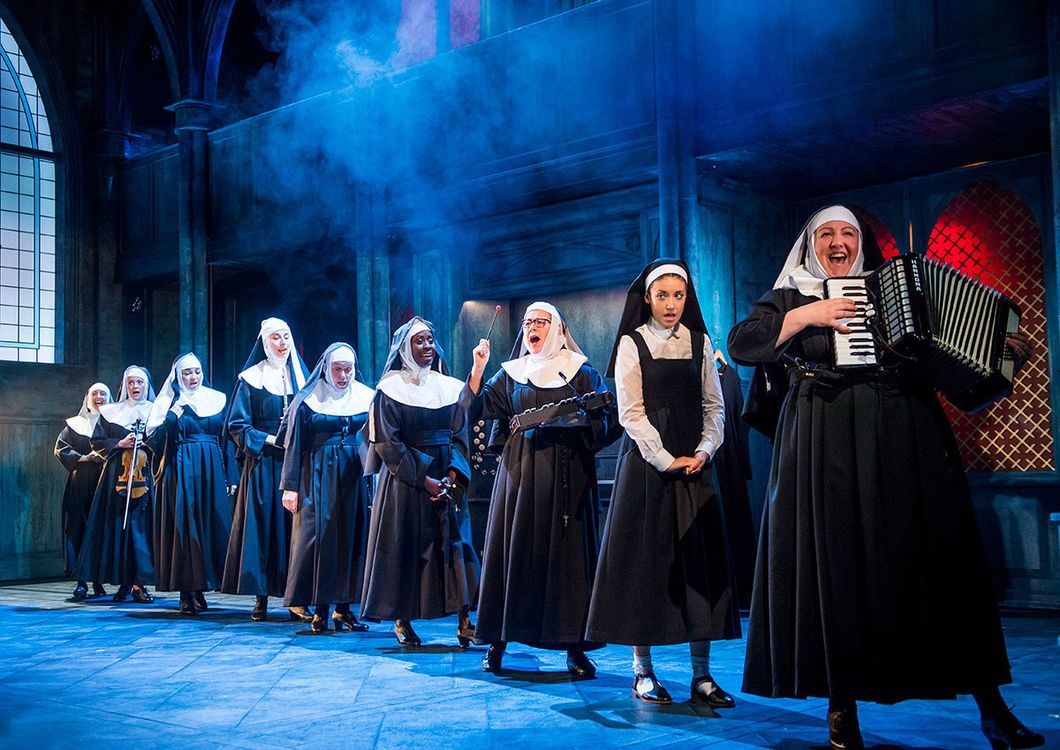When brainstorming how to approach this article, a particular post I saw on Tumblr came into mind. It talks about how to approach self-love, but from a different perspective than what we're generally used to.
I've found that this is a really great way of thinking about things. It's true- you're your own harshest critic, and if someone saw all those things you dislike and hide away, they probably wouldn't think they were so bad. With a philosophy like this, it's always helpful to think about a particular character whose traits you connect to- but when those characters go unacknowledged or shown the same amount of love as others, it can sometimes be harder to recognize the value of those traits.
Take a look at the characters who get the most recognition in the media these days- in books, movies, and even famous Internet personalities. Often, the most beloved of these characters are loud, brave, outgoing, outspoken, or all of the above. So what happens to the people who are shy?
Last year, I had the privilege of playing Sister Mary Robert in my high school's production of "Sister Act". When watching a recording of the show, I was immediately drawn to her. It felt like I was almost looking at a mirror image of myself. She was reserved, soft-spoken, and inspired by the outgoing nature of Deloris, but not sure how to become more like her. Her journey reminded me a lot of my own up to that point, from the beginning of the show when she was scared to step out of line to the end, when she broke out of her shell just enough to show the small world of her convent what she had to say without sacrificing her values and inner personality. When her solo towards the end of Act 2, "The Life I Never Led", arrived, it basically became my anthem. I knew this was the perfect role for someone like me, and others did, too.
The Life I Never Led - Sister Act (Broadway) Marla Mindellewww.youtube.com
I know I'm not alone in this connection. For most of my life, I was very quiet. I opened up with time, and now am more comfortable interacting with others, but from elementary through most of high school, it was much harder. People like me find that, in most situations, they have trouble contributing to conversations, or are too soft-spoken to get a word in when they do have something to offer. So, though we're physically there, people don't always make much of an effort to involve us in the discussion. In my own experience, most of my friends were much more outgoing than I was, so despite their meaning well, I still had difficulty in groups. I got so used to being heard less that it almost felt like I was invisible at times. I forgot that people are aware of my presence even when they aren't directly addressing or looking at me. I was recognized for the achievements people could see, but not for me.
So when some audience members told me that Mary Robert was their favorite character, and many others told me that her story made them feel something, it was more than just positive feedback on a performance. It was a pleasant surprise- they really liked my character that much? They matched her up to or even liked her more than the other characters, who were outgoing and hilarious? Yes, I'm sure there were fewer people who came up to me and said that than the number who told it to my incredibly talented colleagues, but the fact that it happened as much as it did was the best feeling.
Being quiet is part of who people like me are- but that doesn't make it easy. We recognize how much being out there is valued, and it can affect how we look at ourselves. I know that a lot of my self-criticism throughout my social life has been about how I'm not outgoing or funny or exciting enough. But quietude never meant a lack of presence- it was just expressed a different way.
That's why characters like Mary Robert mean so much. They give people like me a voice. After feeling invisible so often for so long, someone with the same inner conflict and struggles as me was getting this love and recognition I could've never imagined. Getting to represent my fellow introverts showed how real and human and important our stories are, despite the fact that they generally go unrecognized in real life. Seeing how much people can love a character like us is life-changing. I realize that representation of quiet people pales in comparison to the need for other types that are being pushed for nowadays, but it also adds another point to the conversation. Giving a nod to people's existence on a larger scale and sharing love to who they are is so validating. It taught me, personally, that I don't need to change. I started to grow more comfortable with who I was. There is nothing flawed about being a quiet person- it is a lovable quality just as much being a loud person is. We as a society need to show the same kind of appreciation and acknowledgment to characters like this more often. If we do, imagine how many more people would come to this incredible realization.
















